Dopamine: The Brain’s Role in Reward and Addiction
19 February 2025
Have you ever wondered why you feel that rush of excitement when you achieve something, or why it’s so hard to resist that extra slice of cake even though you know you shouldn’t? Well, the answer lies in one tiny, powerful chemical in your brain: dopamine. In this article, we’re going to dive deep into dopamine’s role in reward and addiction, and how it shapes so much of what we do, feel, and crave.
Dopamine is often referred to as the “feel-good” chemical, but its role in the brain is far more complex than just making us feel happy. It’s the driving force behind our motivation, reward system, and even some of our darkest struggles, like addiction. Let’s explore how this neurotransmitter works and why it has such a significant impact on our behavior.
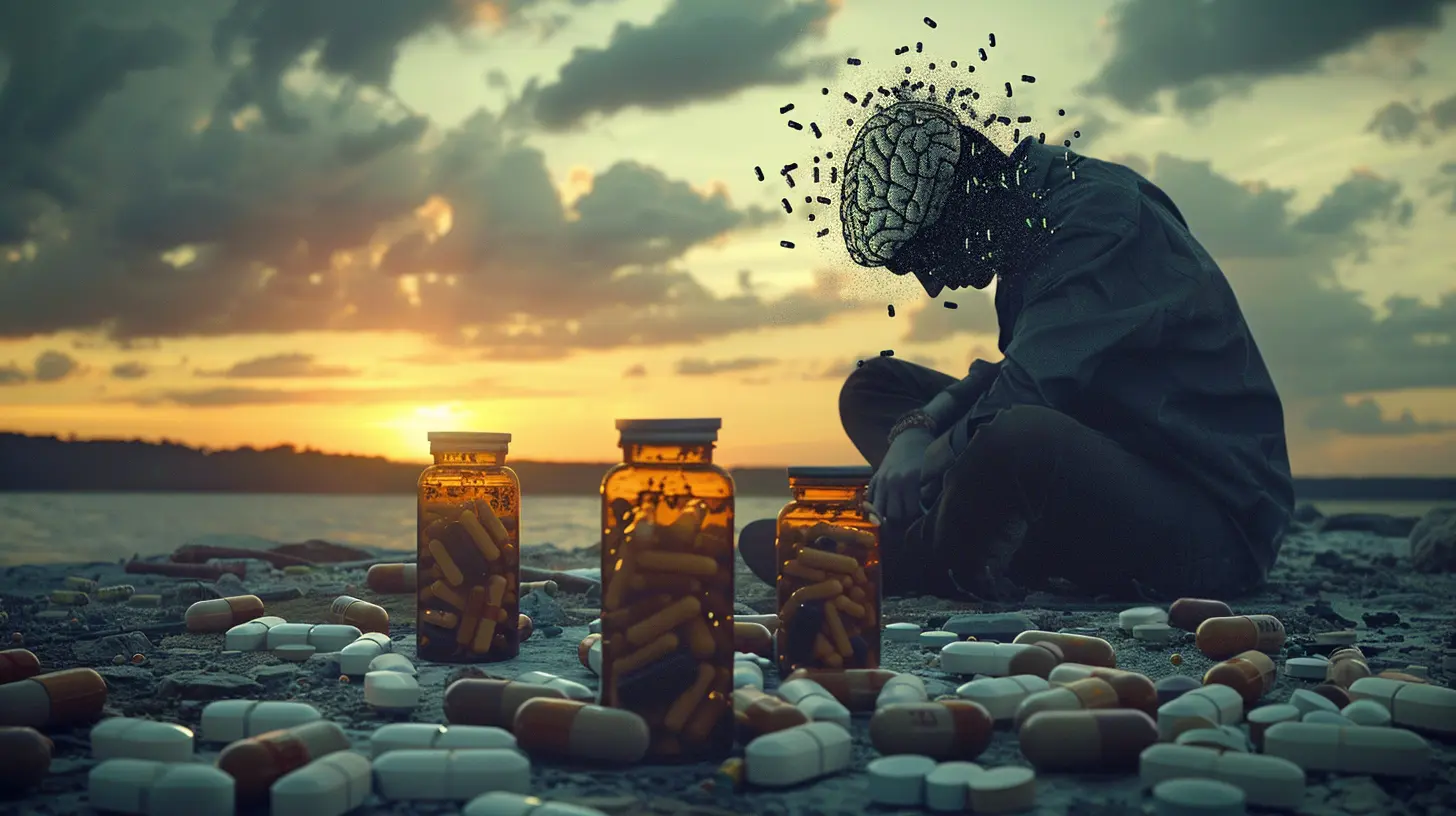
What is Dopamine?
Before we get into the nitty-gritty of reward and addiction, let’s start by understanding what dopamine really is.Dopamine is a type of neurotransmitter—a chemical messenger that passes signals between nerve cells, or neurons, in the brain. It’s produced in several areas of the brain, but the most notable one for our discussion is the ventral tegmental area (VTA), which plays a crucial role in the brain’s reward circuitry.
In simple terms, dopamine helps us recognize and seek out rewards. When something good happens—like receiving praise, scoring a goal, or eating your favorite food—dopamine is released, and that reinforces the behavior. Your brain learns, “Hey, this feels good, I should do it again!” But as we’ll discover, dopamine has a darker side when it comes to addiction.
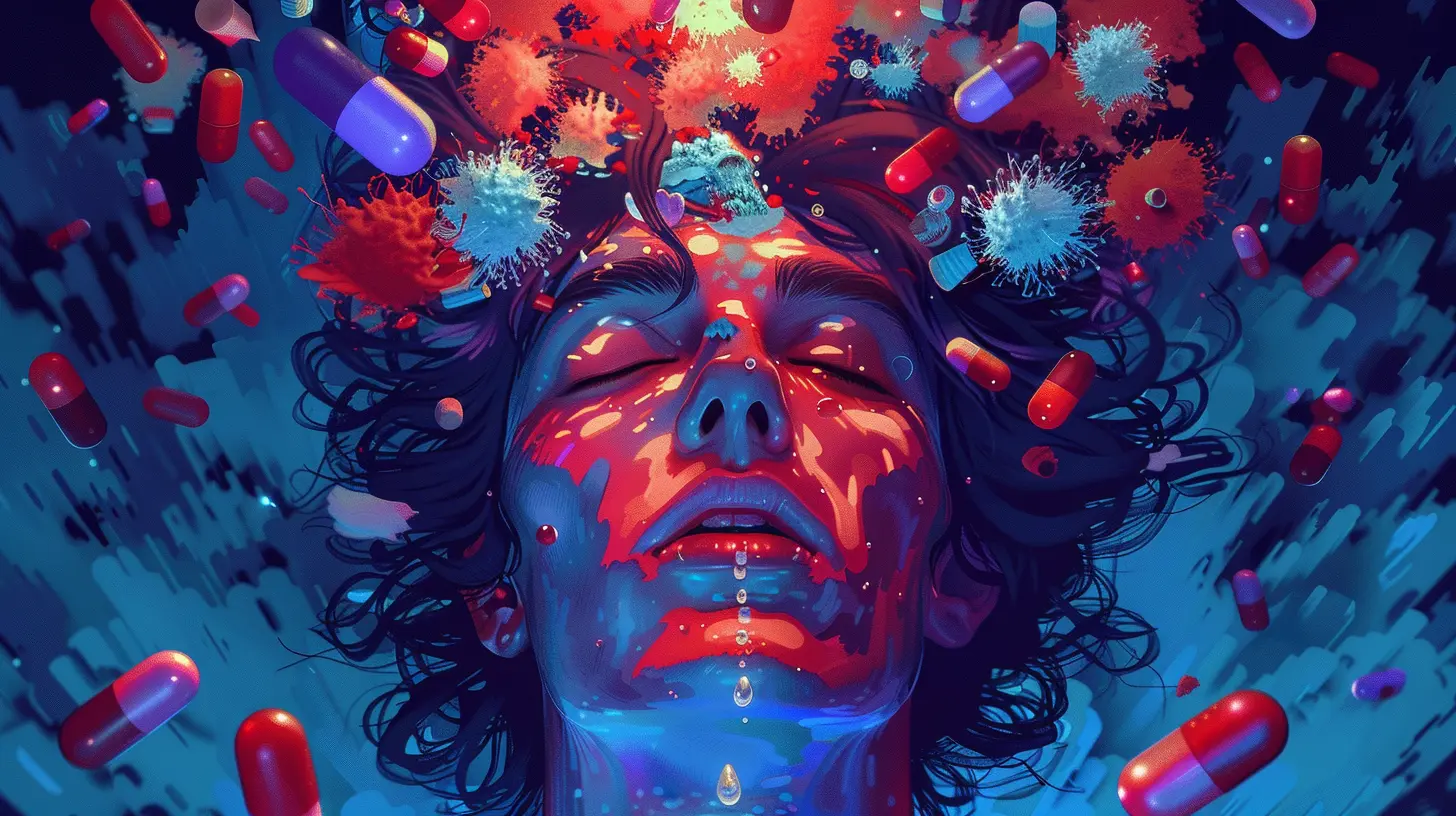
The Dopamine Reward System: Why We Crave Rewards
To understand dopamine’s role in reward, think of it as the brain’s way of teaching us what’s valuable. It’s like the brain’s internal “reward calculator.” Here’s how the process works:1. Trigger: When you encounter something rewarding—let’s say you’re eating a chocolate bar—you activate dopamine neurons in the brain.
2. Release: Your brain releases dopamine, particularly in areas like the nucleus accumbens, which is often called the brain’s “pleasure center.”
3. Reinforcement: The release of dopamine strengthens the association between the behavior (eating chocolate) and the reward (pleasure). This makes you more likely to repeat the behavior in the future.
4. Anticipation: Not only does dopamine get released when you actually receive the reward, but it’s also released in anticipation of the reward. Just thinking about that chocolate bar can spark a dopamine release, making you crave it even more.
The dopamine system is critical for survival because it helps us seek out things that are beneficial, like food, social connection, and even learning. But there’s a catch: the brain doesn’t distinguish between healthy rewards and unhealthy ones.
Dopamine and Motivation: More Than Just Feeling Good
Interestingly, dopamine doesn’t just make us feel pleasure; it also drives motivation. It’s the reason why we get out of bed to chase our goals, whether they’re as simple as grabbing breakfast or as complex as pursuing a career.Think of dopamine as the fuel that powers your ambition. Without it, you’d feel unmotivated and might even struggle to complete everyday tasks. In fact, people with conditions like Parkinson’s disease, where dopamine-producing neurons are damaged, often experience difficulty with movement and motivation.
But here’s the kicker: dopamine isn’t always about getting the reward itself. Sometimes, it’s about the pursuit of the reward. It’s that feeling you get when you’re working towards a goal or anticipating something exciting. This is why dopamine is so intricately tied to addiction.
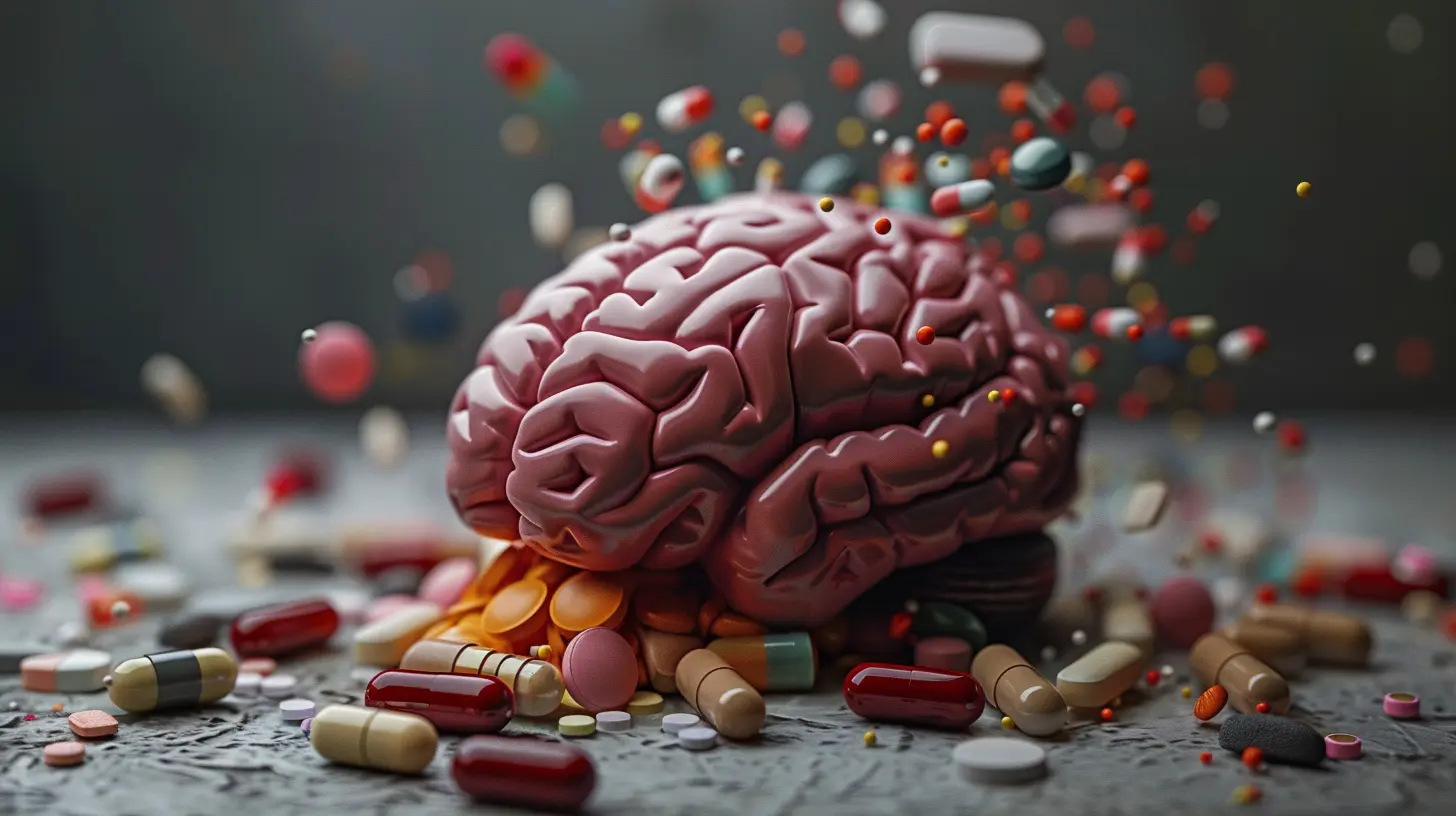
The Connection Between Dopamine and Addiction
Now, let’s talk about how dopamine can lead us down a much darker path—addiction. Whether it’s drugs, alcohol, gambling, or even your smartphone, addictive behaviors are all linked to the brain’s reward system. So how does something that’s supposed to make us feel good lead to such destructive habits?Hijacking the Reward System
Addictive substances or behaviors essentially hijack the brain’s reward system. They cause a massive surge of dopamine, far more than you’d get from natural rewards like food or social interaction. This flood of dopamine overwhelms the brain, creating an intense feeling of euphoria.For example, drugs like cocaine and methamphetamine can cause dopamine levels to skyrocket to 10 times the normal amount. This intense rush is what makes these substances so addictive. Your brain learns, “This feels incredible, I need more of it.”
But here’s the problem: over time, the brain builds up a tolerance to these dopamine floods. It starts producing less dopamine naturally, and the receptors that respond to dopamine become less sensitive. This means that you need more and more of the substance or behavior to achieve the same level of pleasure. This is the vicious cycle of addiction.
Cravings and Compulsions
Remember how we talked about dopamine being released in anticipation of a reward? In addiction, this anticipation becomes supercharged. The mere sight, smell, or thought of the addictive substance or behavior can trigger intense cravings.These cravings aren’t just a mild desire; they can feel overwhelming, almost like the brain is screaming, “I need this now!” This is why people struggling with addiction often find it incredibly difficult to resist, even when they know the negative consequences.
The Role of Dopamine in Behavioral Addictions
It’s not just drugs and alcohol that can hijack the dopamine system. Behavioral addictions—like gambling, shopping, or even excessive social media use—work in much the same way.Take gambling, for instance. Every time you place a bet, your brain releases a burst of dopamine, especially if you win. Over time, the anticipation of winning becomes just as thrilling as the win itself, leading to compulsive gambling. Similarly, scrolling through social media can create small dopamine hits with each like, comment, or notification, keeping you hooked.
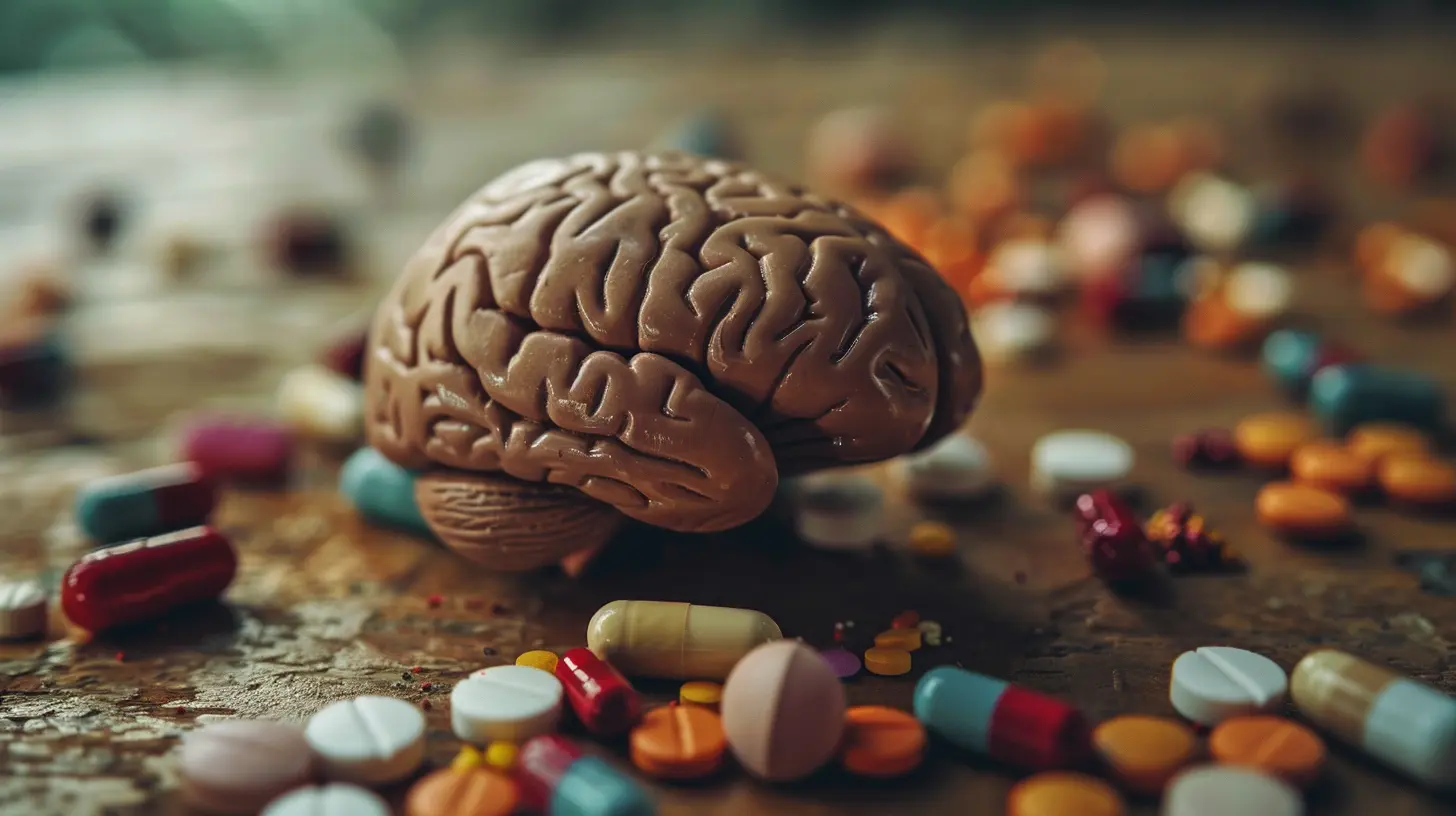
Why Some People are More Prone to Addiction
You might be wondering, “Why do some people become addicted, while others don’t?” Well, it turns out that the answer is a bit complex.Genetics and Dopamine Sensitivity
Some people are genetically predisposed to have a more sensitive dopamine system. This means that their brain releases more dopamine in response to rewards, making them more likely to develop addictive behaviors.At the same time, certain genetic variations can make it harder for some people to regulate dopamine, leading to impulsive behaviors and difficulty resisting temptation. In other words, some people’s brains are wired to be more vulnerable to addiction.
Environmental Factors
But it’s not all about genetics. Environmental factors, like stress, trauma, and early-life experiences, can also play a significant role. For example, people who grow up in chaotic or abusive environments may turn to addictive behaviors as a way to cope with emotional pain. The dopamine rush provides temporary relief, but over time, it can develop into a full-blown addiction.Breaking Free: Can You Rewire Your Brain?
Now, here’s the million-dollar question: Can you break free from addiction and retrain your brain’s dopamine system? The short answer is yes, but it’s not easy.Neuroplasticity: The Brain’s Ability to Change
One of the most incredible things about the brain is its ability to change and adapt—a concept known as neuroplasticity. Even after addiction has rewired the brain’s reward system, it’s possible to form new, healthier pathways.But here’s the catch: it takes time and effort. Recovery isn’t just about quitting the substance or behavior; it’s about retraining your brain to find pleasure in natural, healthy rewards again. This might involve therapy, support groups, and developing new coping strategies.
Mindfulness and Dopamine Regulation
Interestingly, practices like mindfulness and meditation have been shown to help regulate dopamine levels. By practicing mindfulness, you can learn to become more aware of your cravings and impulses without acting on them. Over time, this can help reduce the power that addictive behaviors have over you.
Final Thoughts: Dopamine, Reward, and Addiction
Dopamine is a powerful chemical that shapes so much of our daily lives, from the rewards we seek to the habits we form. It’s the reason why we’re motivated to chase our goals, but it’s also why we can fall into the trap of addiction.While dopamine is essential for survival, it’s important to remember that not all rewards are created equal. Some, like the pleasure we get from addictive substances or behaviors, can lead us down a dangerous path. But the good news is that with time, effort, and support, it’s possible to retrain the brain and break free from the cycle of addiction.
So the next time you feel that rush of excitement or struggle to resist temptation, remember that dopamine is at work—and understanding how it functions is the first step towards taking control of your behavior.
all images in this post were generated using AI tools
Category:
AddictionAuthor:

Jenna Richardson
Discussion
rate this article
8 comments
Quade Sharpe
Dopamine: the brain's way of saying 'great job!' every time you finish a bag of chips—until it starts giving you side-eye for the next bag. Balance is key!
March 7, 2025 at 4:30 PM

Jenna Richardson
Absolutely! It’s crucial to enjoy rewards like chips in moderation; finding that balance helps maintain healthy dopamine levels and prevents addictive behaviors.
Oberon Fletcher
Great insights! Understanding dopamine truly illuminates addiction's complexities.
March 3, 2025 at 5:02 PM

Jenna Richardson
Thank you! I'm glad you found the insights valuable. Understanding dopamine is crucial for unpacking addiction's complexities.
Grace Dorsey
This article effectively highlights dopamine's dual role in reinforcing behavior and its complex involvement in addiction pathways. Insightful exploration!
March 1, 2025 at 5:29 AM

Jenna Richardson
Thank you for your thoughtful feedback! I'm glad you found the exploration of dopamine's roles insightful.
Daniel Roberson
Understanding dopamine's impact on our rewards and behaviors empowers us to make positive changes. Embrace the journey of self-discovery—each step brings us closer to balance and fulfillment. You have the power to reshape your path!
February 27, 2025 at 5:40 AM

Jenna Richardson
Thank you for your insightful comment! Embracing self-discovery and understanding dopamine's role can indeed lead to transformative changes.
Victoria Vance
Dopamine: the brain's party planner! It throws epic rewards for our good vibes but can also lead to some wild addiction dance-offs. Let’s keep the groove balanced!" 🎉🧠
February 26, 2025 at 3:50 AM

Jenna Richardson
Absolutely! Balancing dopamine is key to enjoying rewards without falling into addiction. Let's celebrate the science behind our brain's party! 🎉🧠
Finnegan McIlwain
This article beautifully highlights the complex role of dopamine in our lives. Understanding its influence on reward and addiction empowers us to make healthier choices and foster resilience. Great read!
February 23, 2025 at 5:14 PM

Jenna Richardson
Thank you for your thoughtful comment! I'm glad you found the article insightful and engaging.
Dakota McLaughlin
Dopamine: the double-edged sword of pleasure and peril. While it fuels our drive for rewards, it can also ensnare us in addiction's grasp. Understanding this intricate dance can empower us to harness dopamine's potential without falling victim to its seductive traps. Balance is key in our neurochemical narrative.
February 21, 2025 at 3:45 AM

Jenna Richardson
Thank you for your insightful comment! Indeed, understanding dopamine's dual role is crucial for navigating its effects on reward and addiction. Balancing its influence can lead to healthier behaviors and a more fulfilling life.
Zephira McQuade
Understanding dopamine’s role in our brains empowers us to navigate both rewards and challenges. By fostering healthy habits and mindful choices, we can harness this powerful neurotransmitter to enhance our well-being and break free from cycles of addiction. Embrace the journey!
February 20, 2025 at 3:39 PM

Jenna Richardson
Thank you for your insightful comment! Embracing mindful choices truly helps leverage dopamine for a healthier life.
MORE POSTS

The Influence of Stereotypes on Behavior and Perception

The Importance of Routine: How Structure Affects Child Behavior

The Role of Behavioral Psychology in Managing Chronic Pain
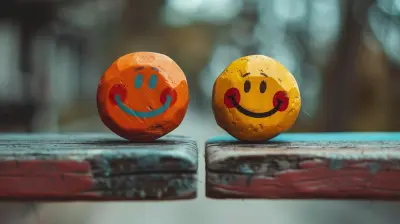
Physical Exercise as a Tool for Emotional Balance

How Cognitive Behavioral Therapy (CBT) Can Help Alleviate Social Anxiety

Understanding the Fight-or-Flight Response in Modern Society